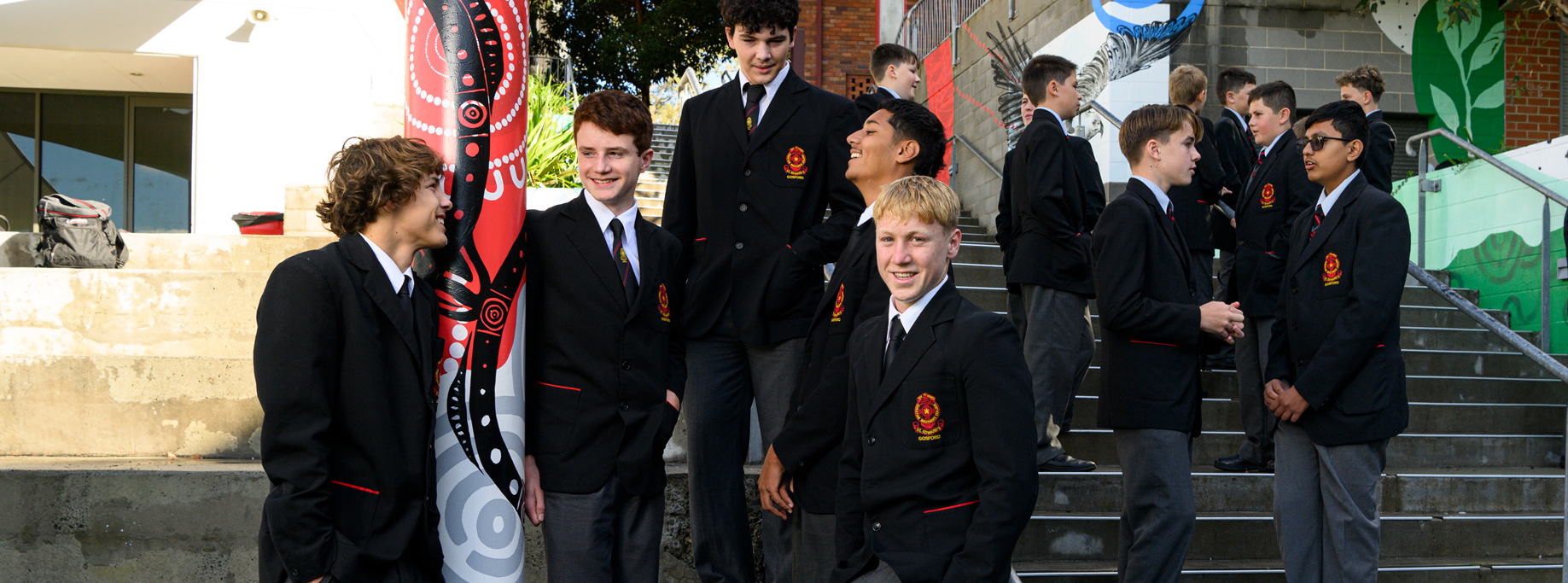
While it’s tempting as a parent to make the attainment of good academic results the main priority, this is a narrow view that may be incompatible with long-term success. It’s wiser to broaden your view and focus on helping your child or young person become the best student they can be. Here’s how.
Encourage Learning
The rapidly changing world and workforce that your child will enter requires that they have a willingness to continually learn and adapt. The concept of a lifelong learner, previously lauded by educators with an eye to the future, has now become a reality. Learning and continual improvement should be embedded in each child’s psyche so that school life is just a starting point to a lifetime of learning, growth and development. Help your child see themselves as successful learners who achieve results through hard work and application, and that nothing is beyond them if they apply themselves.
Promote Leadership
Leadership is required in all walks of life including at school, at work, in families and in the wider community. Help your child see themselves as a leader by focusing on personal leadership capacities such as planning ahead, communicating clearly, being accountable for their behaviour, developing emotional awareness and fostering good relationships with siblings and peers. Personal leadership development provides a strong foundation for the development of leadership skills in more public forums in later life.
Applaud Independence
The school years are critical for the development of independence, which can easily be closed down by the roadblocks of impatience, overindulgence, fear and lack of time. Alternatively, independence is promoted when we show patience, provide opportunity, display confidence and teach students how.
Embed Wellbeing
If there is one difference that modern schooling is making to the next generation it’s in the leadership they have shown in recent years to the maintenance of mental health and wellbeing practises. Parents can support their child’s long term wellbeing by embedding wellbeing habits including healthy eating, exercise, sleep, relaxation techniques, regular time in nature, gratitude and mindfulness.
Teach Socialisation
If you want your child to be liked by others, it’s essential to spend time and effort developing the skills and attitudes needed to succeed. Develop in them an awareness of how their behaviour impacts on others, instil manners and community-mindedness and develop a broad range of friendship skills that will assist them to relate well to others.
Foster Resilience
2020 showed us life is unpredictable, full of ups and downs, straight balls and curve balls. It’s the unpredictability, the downs and the curve balls that develop kids’ resilience. How parents and teachers react to the hardships, frustrations and difficulties kids face either hamper or foster resilience. Spoil, overprotect or pamper and growth opportunities are wasted. Support, encourage and teach kids to cope and you’ll be helping them develop a real sense of psychological hardiness and resilience that’s essential for long term happiness and success.
Make this year a memorable one by helping your child grow and develop into the best student they can be. Keep the focus broad and do all you can to ensure that your child sees themselves as a confident and continuous learner.
Return to Newsletter






